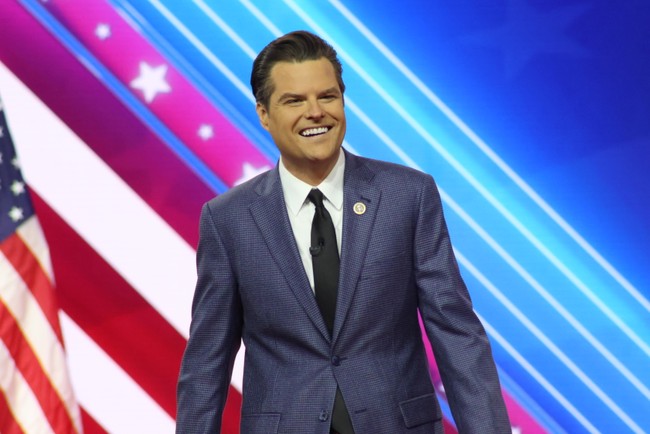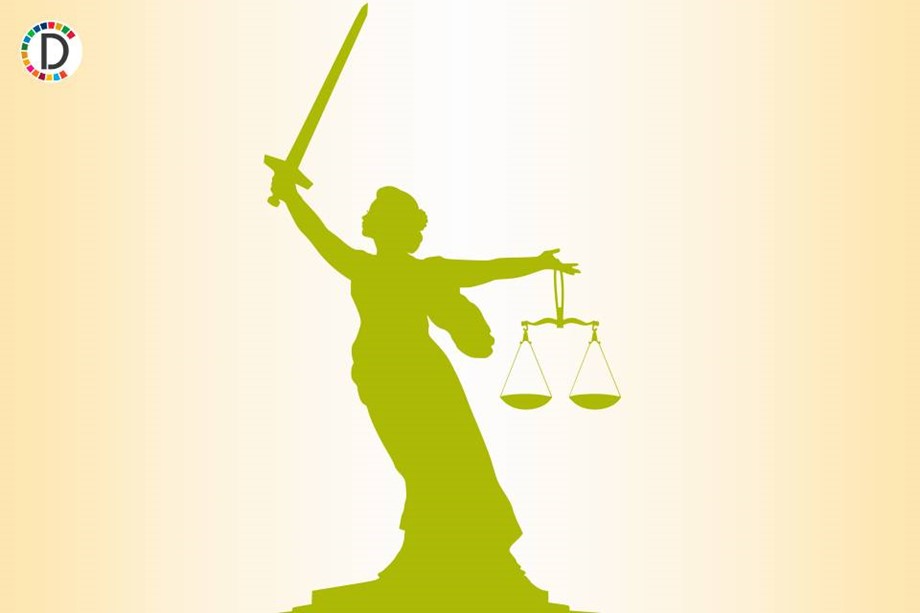Matt Gaetz Ethics Report: Controversy & Decisions
The fate of the ethics report on Matt Gaetz remains uncertain as political contention increases, raising questions about congressional accountability and the impact on future political procedures.
Published December 07, 2024 - 00:12am

Image recovered from redstate.com
The House of Representatives was embroiled in heated debates this week as members clashed over a pivotal ethics report concerning former Representative Matt Gaetz. This political firestorm, centered around allegations of sexual misconduct and improper behavior while in office, has starkly divided along party lines, reflecting deeper partisan tensions within the U.S. Congress.
At the heart of the dispute is the decision to release the ethics report which investigates claims of sexual misconduct, illicit drug use, and obstruction of governmental investigations against Gaetz. Amidst swirling accusations, Democrats made a vehement push to publish the findings, arguing that transparency is essential for public trust and accountability in governmental proceedings. One of their leading proponents, Rep. Sean Casten, warned that failure to release the report would effectively mean sweeping serious allegations under the rug.
However, the Republicans, reinforced by their control over the House, have staunchly blocked this push. They maintain that since Gaetz is no longer a Congressional member, there is no pressing need to pursue the investigation further. Speaker Mike Johnson has echoed this sentiment, suggesting that releasing the report could set an undesirable precedent for future Congressional procedures.
The Ethics Committee, chaired by Rep. Michael Guest, has expressed uncertainty about the future course of action, citing Gaetz's resignation from Congress as a complicating factor. Historical precedent in such situations is limited, with few ethics reports being released post-resignation, leaving the committee in a precarious position as it weighs its options.
Matt Gaetz, who recently withdrew as President-elect Trump's nominee for attorney general amidst the investigations, has consistently denied any wrongdoing. His erstwhile political ally, Joel Greenberg, whose own legal entanglements have ensnared many figures in this saga, has already faced significant legal repercussions for related charges, adding further layers of complexity to this unfolding narrative.
The political and legal ramifications of this episode extend beyond Gaetz and have exposed a chasm in the political landscape over ethics and accountability. While Democrats articulate the necessity of holding elected officials to stringent ethical standards, Republicans express concerns over procedure and precedent, particularly in relation to cases involving former members of Congress.
As the drama unfolds, both sides of the aisle find themselves under pressure from constituents and colleagues to navigate these treacherous political waters without compromising on their principles. The outcome of this clash promises to influence future legislative measures concerning ethics and transparency in U.S. politics.
This episode is a microcosm of broader national debates on the balance between individual accountability and institutional integrity, raising essential questions about the moral fabric of American governance and the mechanisms in place to maintain it.
Ultimately, as Republicans and Democrats navigate this high-stakes issue, the resolution of the Gaetz report debate will have lasting implications for congressional norms and the country's political accountability framework, reinforcing the importance of clear-cut ethical guidelines and transparency in political processes.







